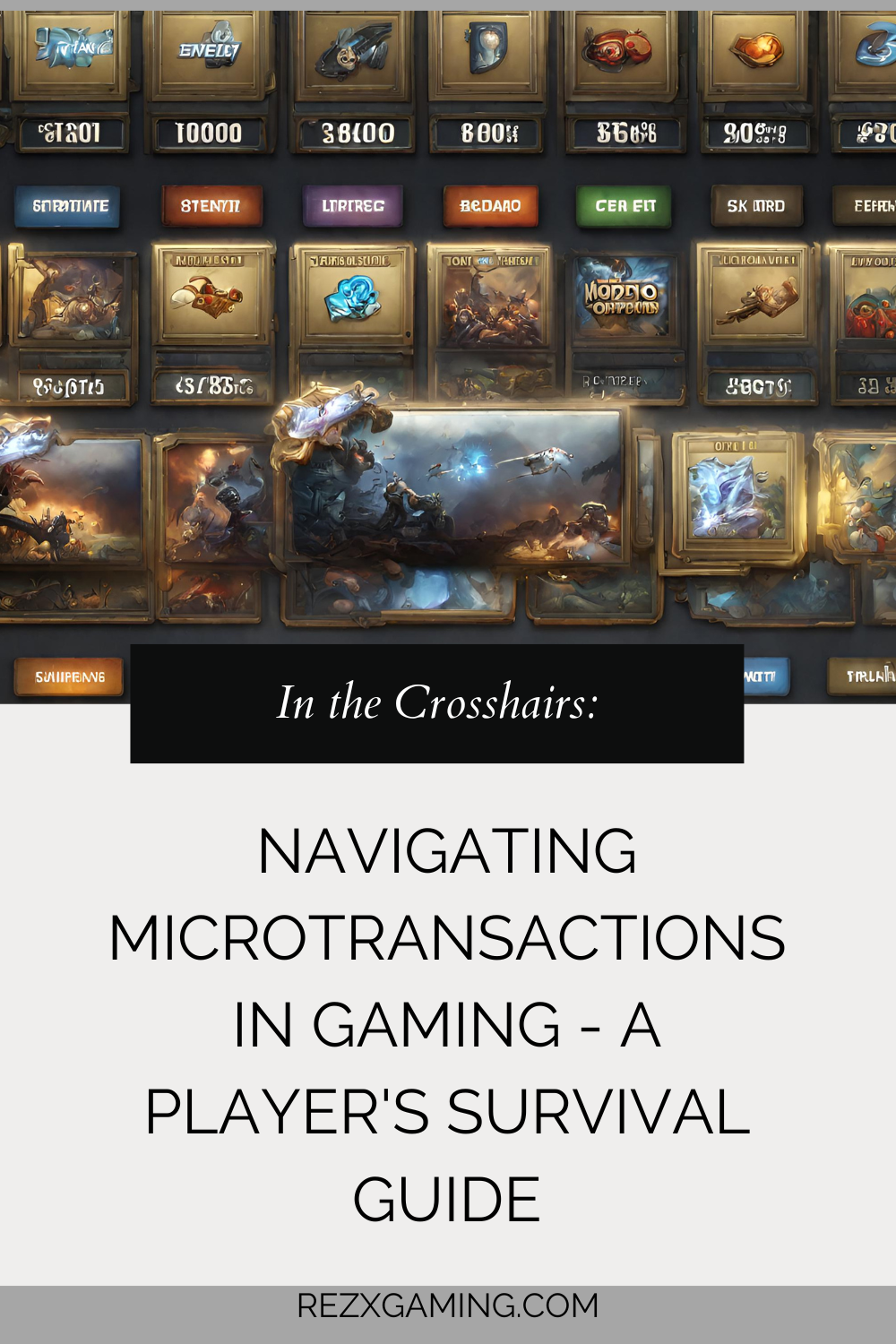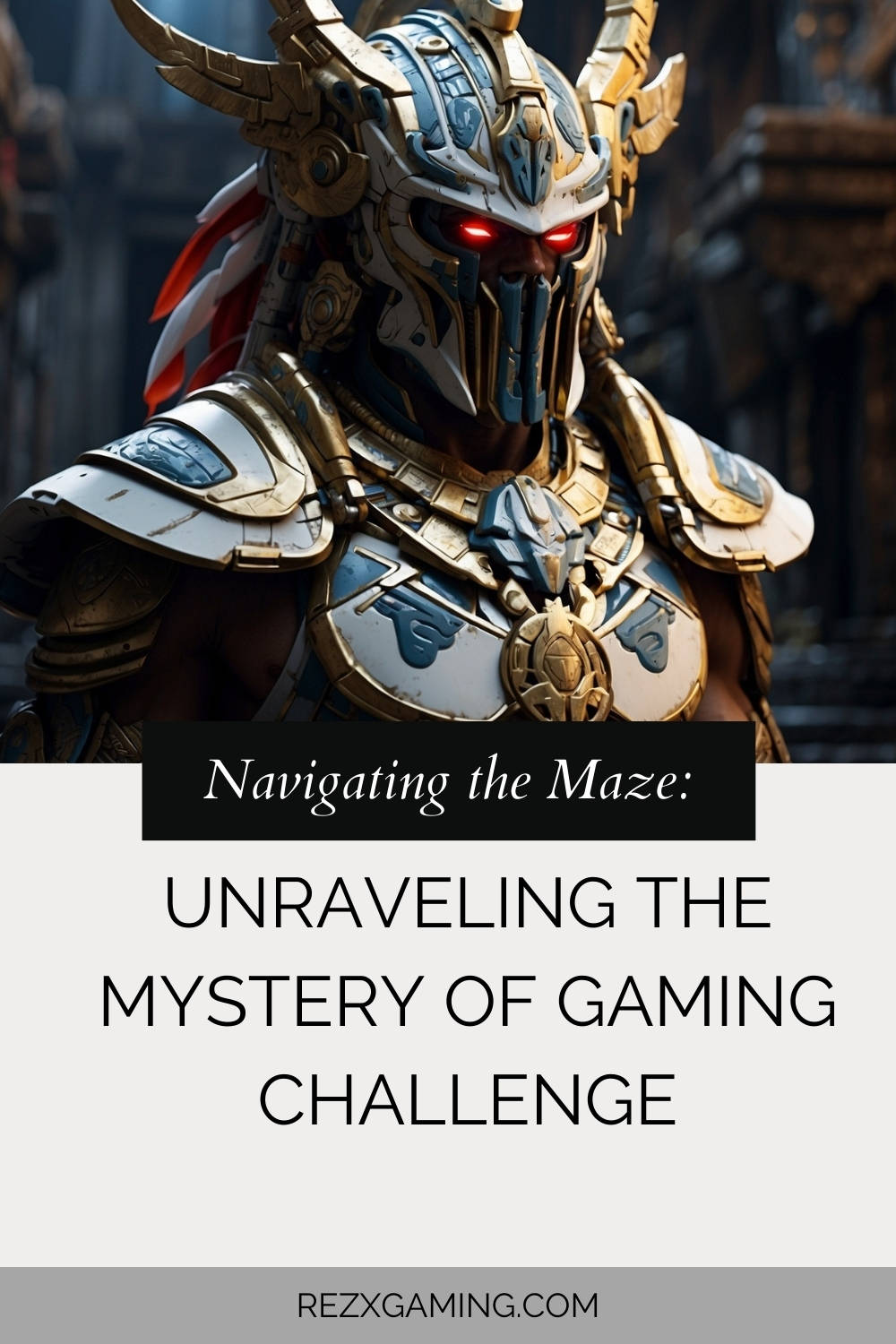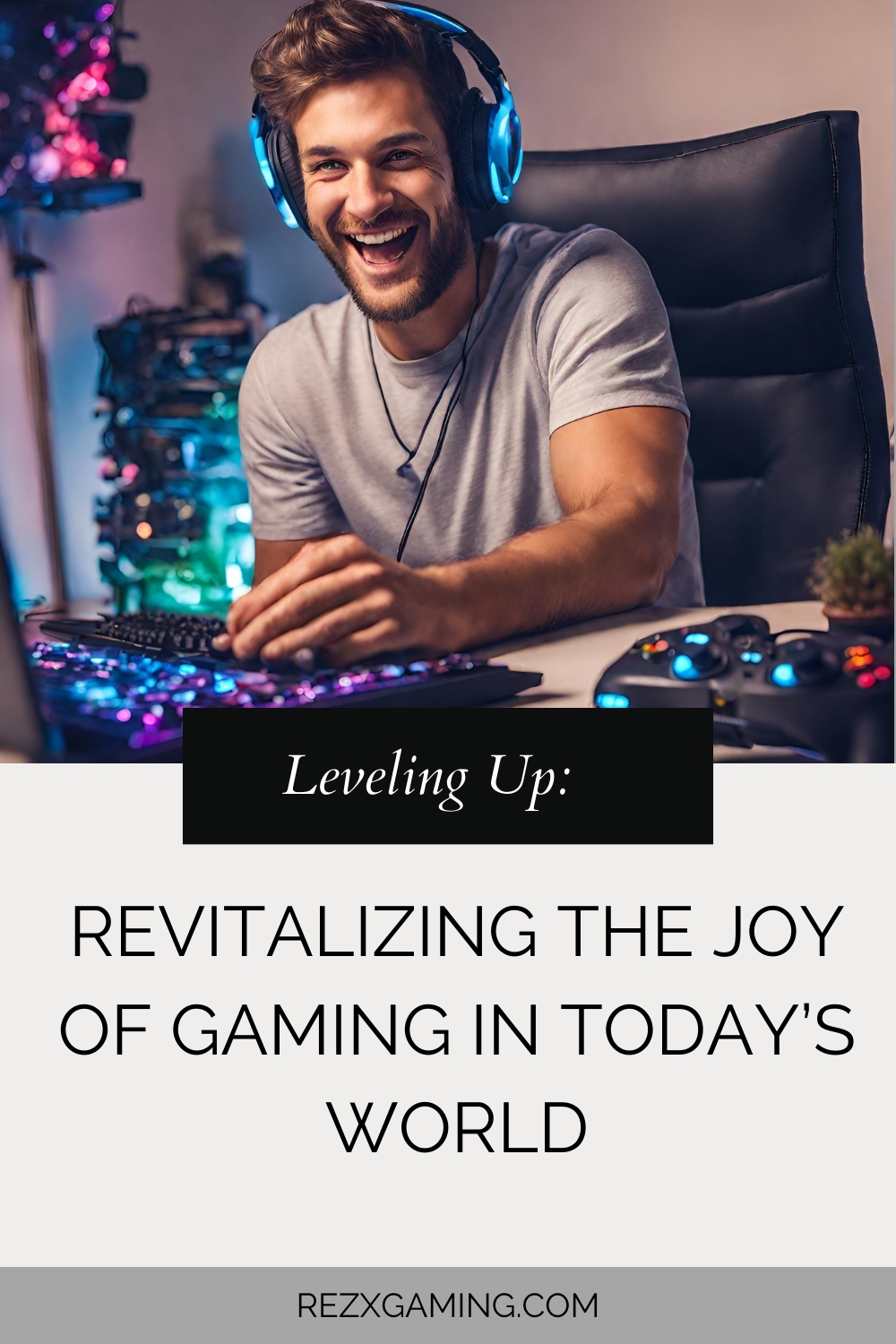Welcome to the world of gaming, where virtual landscapes and digital adventures captivate our attention like never before. While gaming offers a thrilling escape, it’s crucial to recognize the potential pitfalls that can turn a beloved pastime into a challenging addiction. In this blog post, we’ll dive into the realm of video game addiction, exploring its signs, impact on mental health, and practical strategies for maintaining a healthy gaming balance.
The Rise of Video Game Addiction
In recent years, video games have evolved from simple pixels on a screen to immersive, expansive worlds. The widespread availability of gaming platforms and the lure of in-game rewards contribute to an environment where addiction can take root.
Recognizing Video Game Addiction
How do you know when gaming has crossed the line from a hobby to an addiction? Signs include neglecting responsibilities, losing interest in other activities, and experiencing withdrawal symptoms when not gaming. Recognizing these signs is the first step towards a healthier gaming lifestyle.
The Impact on Mental Health
Beyond the screen, video game addiction can have profound effects on mental health. Increased stress, anxiety, and even depression can result from excessive gaming. The impact on academic or professional performance and personal relationships should not be underestimated.
Understanding the Science Behind Gaming Addiction
The addictive nature of video games goes beyond mere enjoyment. Neurologically, gaming can trigger the release of dopamine, a neurotransmitter associated with pleasure and reward. Understanding this science helps shed light on why some games can be so enticing.
Setting Healthy Boundaries
Maintaining a healthy gaming balance is crucial. Set clear time limits, take regular breaks, and prioritize other aspects of life, such as physical activity and real-world relationships. By establishing boundaries, you can enjoy gaming without it taking over your life.
Seeking Professional Help
If you or someone you know is struggling with video game addiction, seeking professional help is essential. Friends, family, and mental health professionals can provide valuable support and guidance. There are also support groups and counseling services specifically tailored to address gaming addiction.
Promoting Responsible Gaming
Industry initiatives and game developers play a role in promoting responsible gaming practices. However, the responsibility also lies with individuals and parents to educate themselves and their children about healthy gaming habits.
Conclusion
In conclusion, the key is not to demonize video games but to encourage responsible and balanced gaming habits. By staying aware of the signs of addiction, understanding the impact on mental health, and implementing practical strategies, we can all enjoy the gaming experience without falling into the pitfalls of addiction. Remember, the virtual world is exciting, but a fulfilling life exists beyond the screen. Let’s navigate the gaming maze together, ensuring that our digital adventures enhance rather than hinder our well-being.






